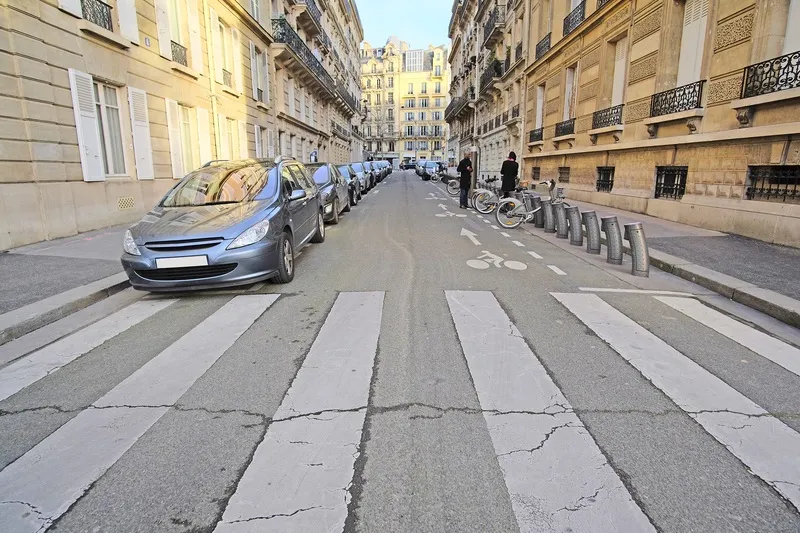The UK’s
The organisation, which represents half the UK’s road fleet, is interested in distance-based charging as an alternative to broad schemes such as congestion charging and low emission zones. But it says the proposals must be well planned and take advantage of new technology available.
London Mayor Sadiq Khan says he aims to reduce freight traffic in the capital by 10 per cent by 2026. FTA believes this is an unrealistic target given the needs of London’s growing population and the Mayor’s agenda on demanding HGVs change shape to increase direct vision – a change which may cost load space, thus requiring more vehicles on London’s roads.
Natalie Chapman, FTA’s head of policy for London, said the Congestion Charge has arguably played a role in suppressing traffic demand in central London, but FTA has always argued that it is a blunt tool which fails to recognise the essential role that freight plays in serving London's businesses, residents and visitors.
“New and emerging technology could play a pivotal part in providing a more sophisticated system that accounts for the essential role of the vehicle and the time of day and incentivises cleaner vehicles,” she continued. She said the real gains in traffic management will come from persuading car owners to switch to public transport, cycling or walking.
FTA will closely monitor the implications of the new proposals for the re-allocation of road space on behalf of its members to ensure the vital role of freight in the capital is recognised and accommodated.
FTA says new London road charging proposals present opportunities and challenges
The UK’s Freight Transport Association (FTA) says new proposals announced by the Mayor of London for road charging based on elements such as distance travelled and vehicle emissions could be a positive step for freight operators, provided they don’t simply add cost.
June 22, 2017
Read time: 2 mins










